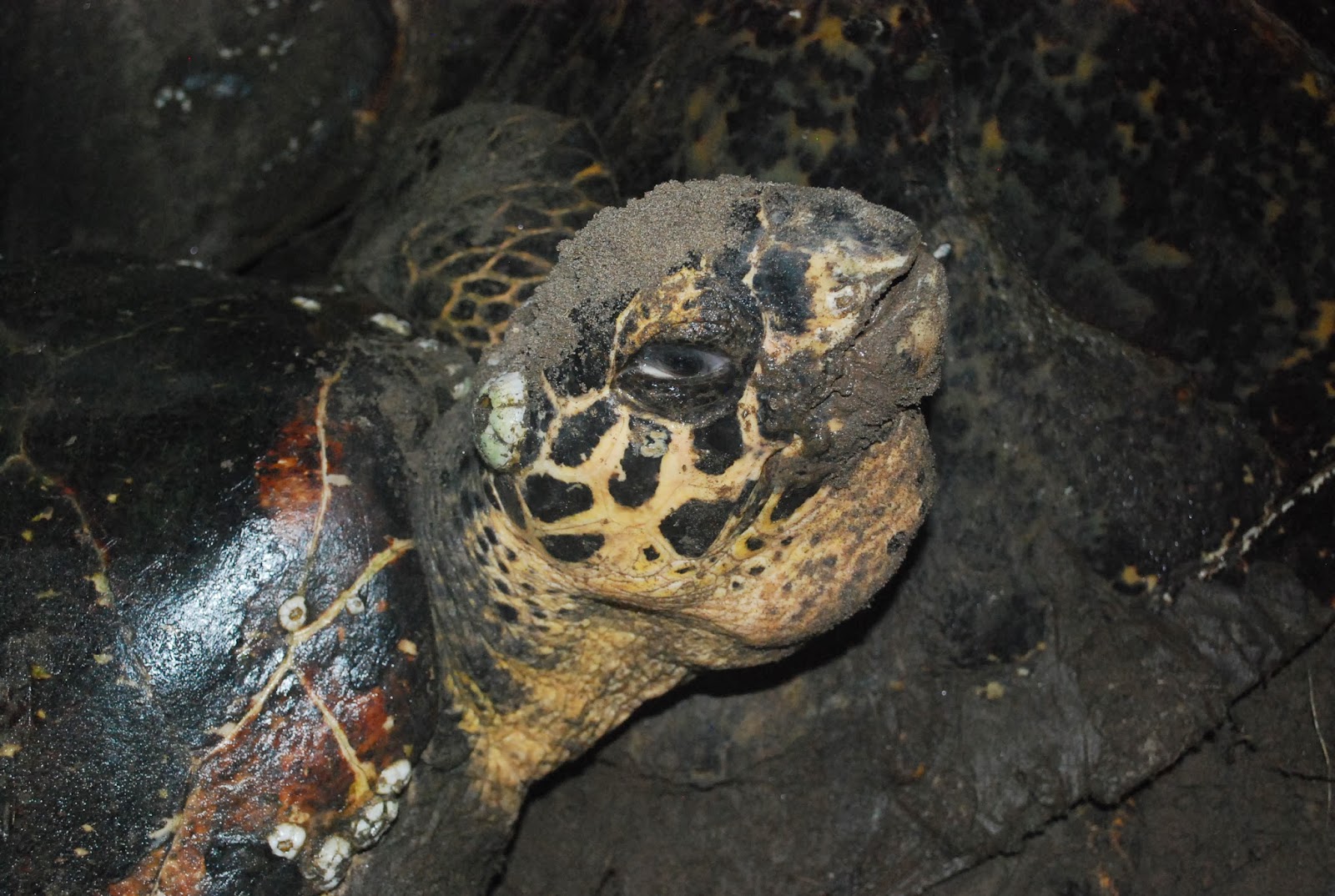International travel is not all
about wildlife. Preserving the natural environment also is closely associated
with protecting indigenous cultures and strengthening local economies. To
attain a truly fulfilling travel experience, it is also important to delve into
local culture, to test out the language, and to learn about the history of your
destination. Travelers can also help to strengthen the communities they visit
by utilizing local businesses, investing in tours that emphasize the region’s
heritage, and even volunteering on community development projects.
Learn more about our Culture & Nature Trips.
 |
| (Earthwatch Institute) |
Amazon
Riverboat Expedition: Visit with indigenous residents of Peru’s
rainforest as you help local field biologists to conduct wildlife surveys on
the Amazon River. Species that are studied include river dolphins, giant
otters, and a variety of tropical birds. This information will help drive the development
of regional conservation strategies that will benefit both wildlife and local
culture. This exhilarating expedition, offered by the Earthwatch Institute,
starts at $3,475 per person and can last between 8 and 16 days (your choice!).
El
Salvador Sea Turtles and Community Development:
Delve into the fascinating recent history of El Salvador as you learn about its
recovery from civil war, and the nation’s path towards cultural and
environmental sustainability. You will visit community development projects, in
addition to enjoying more informal opportunities to visit with local residents
and soak in the culture. The rest of the trip will be dedicated to working on
conservation projects in Jilisco Bay, a key mangrove habitat frequented by sea
turtles. This 9-day trip is offered by EcoViva and starts at a mere $1,295 per
person.
 |
| (Maple Leaf Adventures) |
Haida
Gwaii Islands, British Columbia: Explore the rugged coast of
British Columbia in a luxurious classic schooner on this Maple Leaf Adventures
expedition. The Haida Gwaii (formerly Queen Charlotte) Islands is home to a
plethora of species, as well as many First Nations villages both traditional
and modern. The tour will include a visit to a historic village that has been
designated a UNESCO World Heritage Site, as well as the opportunity to view
totems and interact with local residents. Wildlife also abounds; humpback
whales, orcas, and myriad seabird species frequent the area, and travelers will
get the chance to get up close and personal with these creatures on kayak
excursions and hikes. This 9-day voyage starts at $4,750 per person.
 |
| (Global Vision International) |
Kenya
Primate Research: Join Global Vision International for this
once-in-a-lifetime opportunity to experience Kenya’s rich culture and famed
wildlife. Volunteers will stay in a traditional Swahili village on the Shimoni
Peninsula, enjoying ample opportunity to soak in local culture, tour historic
sites, and even learn some of the language. The village also serves as a “base
camp” for wildlife surveys in the surrounding forest; volunteers will study
primates, birds, butterflies, small mammals, and their habitats. This 14-day
volunteer experience starts at $1,641 per person.
 |
| (Reefs to Rockies) |
Namibia’s
Desert and Delta: Learn first-hand about innovative
community-based solutions to environmental issues as you tour some of Namibia’s
and Botswana’s richest wildlife habitats. You will talk with members of the
semi-nomadic Himba, who work with international companies to sustainably
harvest and sell myrrh, a key ingredient in many perfumes; speak with game
wardens and communities about the impacts of poaching; and, more simply, tour
some incredible wildlife habitats frequented by lions, elephants, and other
animals. Conducted by Reefs to Rockies, this 8-day trip starts at $6,195 per
person.
As the last example
suggests, local communities throughout the world face significant social and
environmental challenges and have met them with creative, community-based
solutions. These Culture & Nature tours allows you to
experience these struggles and triumphs firsthand, and to develop more intimate
knowledge of local culture.

No comments:
Post a Comment